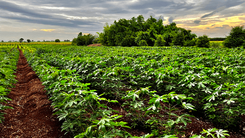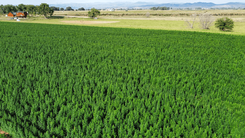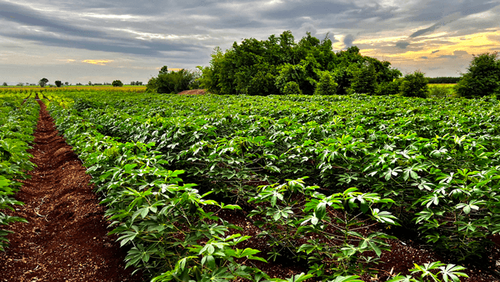Expanding the Feedstock Arsenal




Cassava root holds a lot of starch, making it an ideal feedstock for the production of ethanol, which can then be upgraded to SAF using the alcohol-to-jet process. IMAGE: ISTOCK
August 27, 2024
BY Katie Schroeder
Advertisement
Advertisement
Related Stories
Biomass Magazine has announced the six companies selected to pitch to a group of angel investors and venture capital firms at the International Biomass Conference & Expo, taking place March 18-20, 2025, in Atlanta, Georgia.
U.S. operable biofuels capacity held steady in December, with no changes for ethanol, biodiesel or renewable diesel, according to data released by the U.S. EIA on Feb. 28. Feedstock consumption was up slightly from the previous month.
The General Court of the European Union on Feb. 27 dismissed a challenge against the ReFuelEU Aviation regulations brought by European biofuel producers last year regarding regulation’s exclusion of crop-based fuels.
The USDA on Feb. 27 released its Grains and Oilseed Outlook for 2025, predicting a modest increase for 2025-’26 soybean production. Soybean oil prices are projected down slightly, and soybean oil use for biofuels Is expected to increase.
CoBank is predicting soybean planted acreage for 2025 will decline by 3.6% this year, falling to 84 million acres, according to the company’s spring acreage outlook report, which was released Feb. 20.





